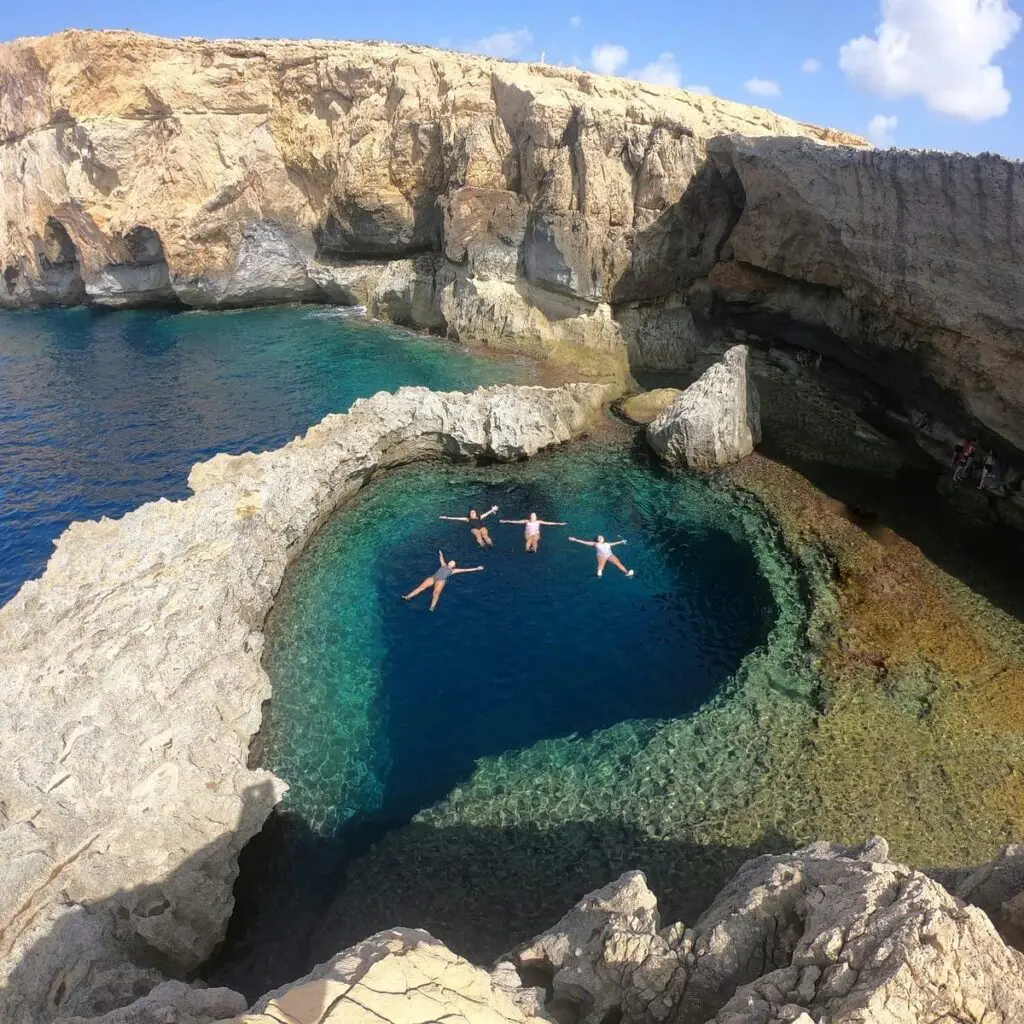The recent announcement of a $2 billion Atlantis Resort in Ko Olina, Oahu, has sparked significant debate among residents and environmentalists. While proponents argue that the development will boost the local economy and create jobs, it’s crucial to examine the potential adverse effects on the island’s environment, infrastructure, and cultural heritage.
Environmental Concerns
Hawaii’s delicate ecosystems are already under strain from urbanization and tourism. The construction and operation of a massive resort like Atlantis could exacerbate these issues. For instance, the development may lead to habitat disruption for native species and increased pollution in nearby waters. Past projects in the region have faced challenges related to environmental considerations, including impacts on marine life and water quality.
Strain on Infrastructure
Oahu’s infrastructure, particularly in the Ko Olina area, is not equipped to handle a sudden influx of tourists and residents. The addition of 500 hotel rooms and 500 condominium units will likely lead to increased traffic congestion, overburdened public services, and heightened demand for water and energy resources. These strains could diminish the quality of life for local residents and degrade the visitor experience.
Cultural Implications
Hawaii’s rich cultural heritage is integral to its identity. Large-scale developments often risk commodifying or misrepresenting native Hawaiian culture. Ensuring that the Atlantis Resort respects and authentically represents Hawaiian traditions is essential, yet challenging. Without genuine engagement with local communities, there’s a risk of cultural erosion and alienation of the very people whose heritage is being showcased.
Economic Considerations
While the promise of job creation is appealing, it’s important to scrutinize the quality and longevity of these opportunities. Previous large-scale projects have sometimes resulted in low-wage, seasonal employment that doesn’t provide long-term economic stability for residents. Moreover, the economic benefits often flow to external investors rather than the local community.
Sustainability Challenges
Sustainable tourism is vital for Hawaii’s future. However, the scale of the Atlantis project raises questions about its environmental responsibility. While some resorts have made strides in sustainability, the sheer size of this development could negate such efforts. Implementing effective waste management, reducing carbon emissions, and preserving natural resources will be formidable tasks.
Community Opposition
Local opposition to similar projects has been documented in the past. For example, Animal Rights Hawai’i raised concerns about the development of a dolphinarium at the proposed Atlantis Resort, highlighting ethical and environmental issues.
Such opposition reflects broader community apprehension about large-scale developments that may not align with local values or priorities.
Conclusion
While economic development is necessary, it must be balanced with environmental preservation, cultural respect, and community well-being. The proposed Atlantis Resort in Oahu presents significant challenges that cannot be overlooked. A thorough and inclusive assessment involving all stakeholders is essential to determine whether this project aligns with Hawaii’s long-term interests.
Back to the blog.


